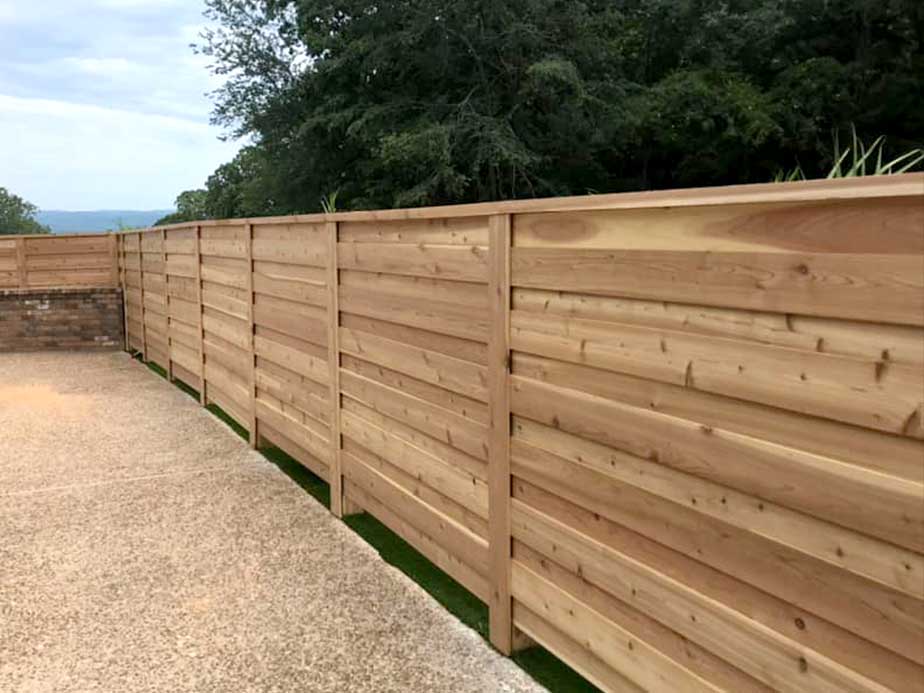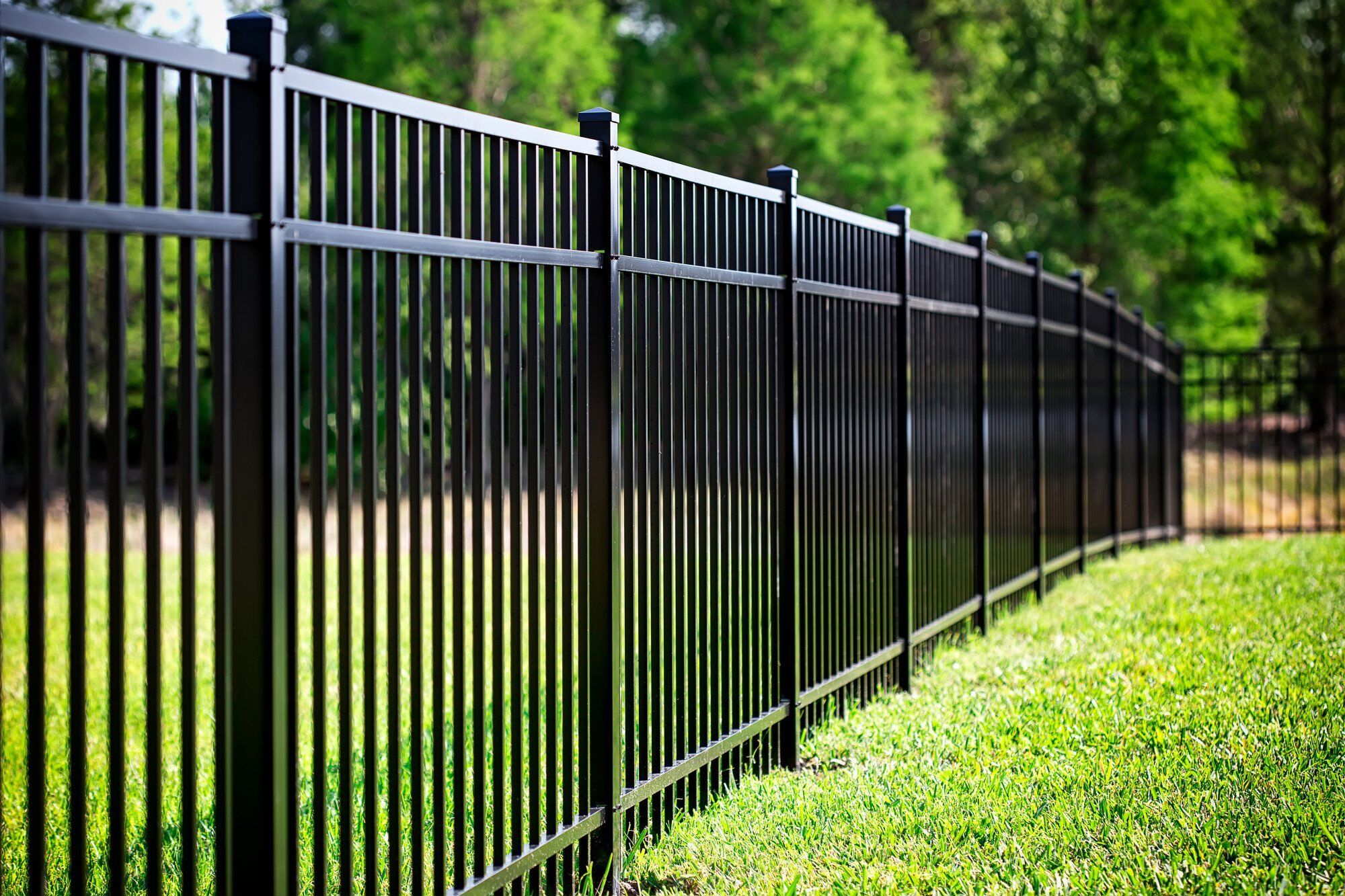Featured

When preparing to install a fence around your residential property, one of the initial actions is understanding the allowing needs in your area. While the process may seem straightforward, regional policies can vary significantly relying on where you live. Securing the correct permits prior to beginning the installation is vital to stay clear of potential fines, disputes with next-door neighbors, and even having to eliminate your fence. Here's what you need to understand concerning getting the essential licenses for your fencing installment.
Why Do You Required an Authorization for a Fence? A permit is usually needed for fencing installments to make certain conformity with regional building ordinance, zoning laws, and security regulations. Allowing helps regional authorities maintain uniformity in community looks, safety, and environmental factors to consider. It additionally makes certain that the fencing does not interfere with energy lines or public spaces, which it abides by elevation and boundary constraints.

Common Authorizations Needed for Fencing Installation. Structure License. A lot of locations need a building authorization for fencing setup, especially if the fencing surpasses a particular elevation (usually over 6 feet) or is made from non-standard materials. This license ensures that your fencing adheres to regional building codes. In some areas, the structure department will certainly examine the website to make sure that the fence satisfies security and structural criteria.
Zoning License. Zoning authorizations are created to ensure that your fence abides by local zoning legislations, including obstacles from home lines, easements, and rights-of-way. Zoning regulations vary from city to city, and in many cases, your fence might need to be held up a particular variety of feet from the pathway or road. If your fence is in a historical district or other specifically assigned areas., a zoning license might likewise be necessary.

Fencing Authorization. In some areas, a certain "fencing authorization" may be called for. This is usually needed when developing a fence for houses. The city government might define the elevation, product, and style of the fencing to ensure it mixes well with the surrounding neighborhood. Some cities limit chain-link fencings in front lawns or have details policies for privacy fencings.
HOA Authorization. You may require authorization before setting up a fencing if your home is component of a home owners association (HOA) HOA guidelines typically include specific policies concerning the type, height, shade, and materials for fences to preserve the neighborhood's appearances. HOA laws can be more stringent than city codes, so always inspect their standards prior to moving on.
Easement or Energy Permits. If your fence will certainly be near or across an easement (such as an utility easement), you may need to acquire authorization from the utility firm or other entities that control the land. This is particularly essential if you prepare to dig for fencing articles, as it ensures you won't harm underground utilities like gas, power, or water lines.
Exactly How to Find Out What Permits Are Needed. The very best way to identify which permits are necessary for your fencing setup is to contact your neighborhood building department or community office. They can supply you with specific details regarding demands in your location. Right here are a few steps you can require to learn:
Examine the City or County Web site: Many city governments offer info concerning fencing setup allows online. Seek structure or zoning areas on their internet site. Call or Browse Through City Government Offices: If the information is not conveniently available online, calling or going to the regional office in individual can clarify what's needed. Speak With a Professional Professional: If you're overloaded or not sure by the process, a local specialist or fencing installment firm can help in navigating the permitting process, as they know with local laws. What Takes place If You Do Not Obtain an Authorization? Stopping working to get the required licenses can cause a range of effects. In numerous locations, you might face penalties, and your fencing could be purchased to be removed. Furthermore, if you offer your residential property in the future, the absence of appropriate licenses might be a warning for customers and impact the sale. Allowing makes sure that your fencing is certified and assists avoid future difficulties.
Verdict. Before mounting a fencing around your property, it's necessary to inspect whether a permit is needed in your location. Building authorizations, zoning permits, HOA approval, and utility approvals may all contribute in your fence setup process. Putting in the time to research and obtain the necessary licenses will not just ensure that you're adhering to local regulations, however likewise aid shield your investment and preserve the stability of your residential property.
Latest Posts
What Permits Are Required for Setting Up a Fence My Location?
Published Dec 20, 24
0 min read
Bath Fitter®
Published Dec 20, 24
2 min read
Bare Bones Furniture & Mattress
Published Dec 20, 24
1 min read